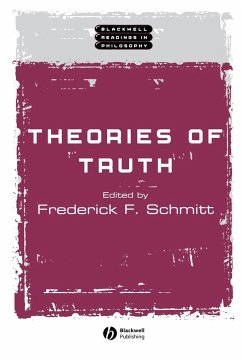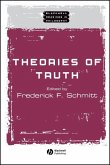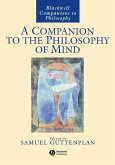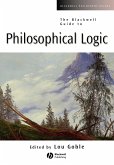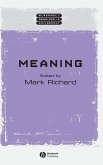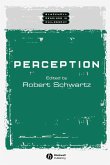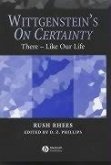The classic and contemporary readings in this collection represent the four most influential theories of truth - correspondence, pragmatist, coherence, and deflationary theories.
A collection of classic and contemporary philosophical reflections on the nature of truth.
Opens with an introduction to theories of truth, designed for readers with little or no prior knowledge of the subject.
Divided into four sections on the most important theories of truth - correspondence, pragmatist, coherence, and deflationary theories.
Brings together articles in the recent debate over the correspondence theory and deflationism that are not otherwise available in one place.
Includes contributions by C.S. Peirce, William James, Bertrand Russell, Alfred Tarski, Hartry Field, Dorothy Grover, Anil Gupta and others.
Concludes with an extensive bibliography of recent articles on truth.
Hinweis: Dieser Artikel kann nur an eine deutsche Lieferadresse ausgeliefert werden.
A collection of classic and contemporary philosophical reflections on the nature of truth.
Opens with an introduction to theories of truth, designed for readers with little or no prior knowledge of the subject.
Divided into four sections on the most important theories of truth - correspondence, pragmatist, coherence, and deflationary theories.
Brings together articles in the recent debate over the correspondence theory and deflationism that are not otherwise available in one place.
Includes contributions by C.S. Peirce, William James, Bertrand Russell, Alfred Tarski, Hartry Field, Dorothy Grover, Anil Gupta and others.
Concludes with an extensive bibliography of recent articles on truth.
Hinweis: Dieser Artikel kann nur an eine deutsche Lieferadresse ausgeliefert werden.
" Theories of Truth contains a judicious set of readings representing the core positions in the field together with a critical introduction that is comprehensive, balanced, and penetrating. This will be an enormously useful reader." Alvin I. Goldman, Rutgers, The State University of New Jersey

